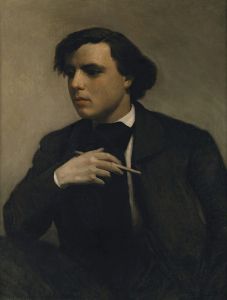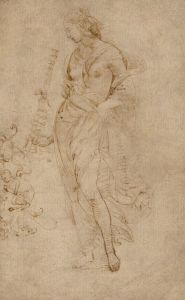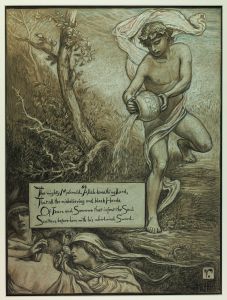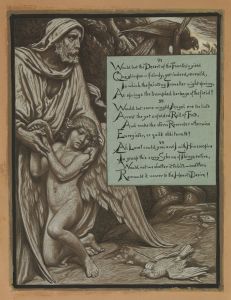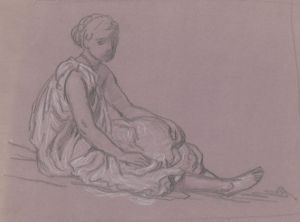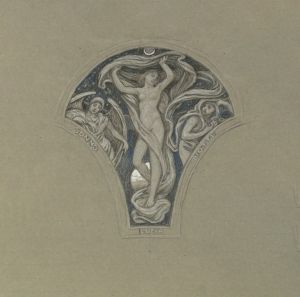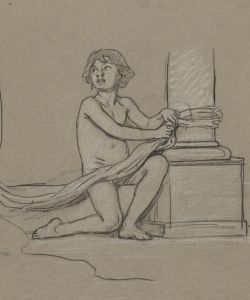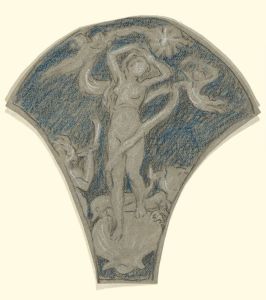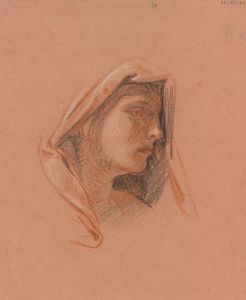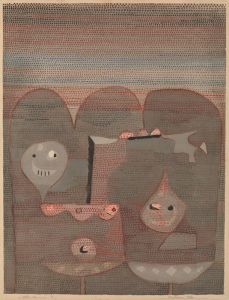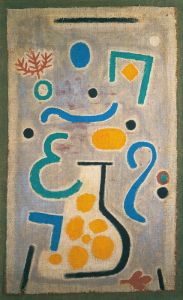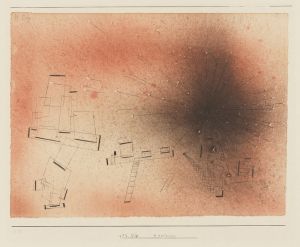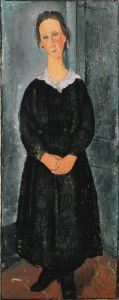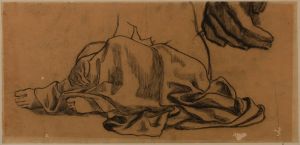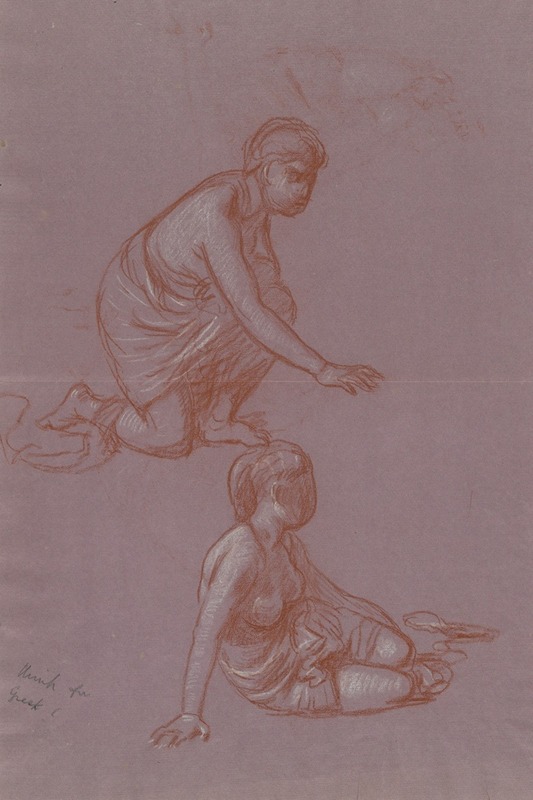
Figure Studies
A hand-painted replica of Elihu Vedder’s masterpiece Figure Studies, meticulously crafted by professional artists to capture the true essence of the original. Each piece is created with museum-quality canvas and rare mineral pigments, carefully painted by experienced artists with delicate brushstrokes and rich, layered colors to perfectly recreate the texture of the original artwork. Unlike machine-printed reproductions, this hand-painted version brings the painting to life, infused with the artist’s emotions and skill in every stroke. Whether for personal collection or home decoration, it instantly elevates the artistic atmosphere of any space.
Elihu Vedder's Figure Studies is a work that reflects the artist's dedication to the exploration of the human form and his interest in classical themes. Elihu Vedder (1836–1923) was an American artist associated with the Symbolist movement, known for his paintings, illustrations, and drawings that often carried allegorical and mystical undertones. While Figure Studies is not among his most widely recognized works, it exemplifies his skill in draftsmanship and his focus on the human figure as a central element of his artistic practice.
Vedder spent much of his career in Italy, where he was influenced by the Renaissance masters and the classical traditions of European art. His studies of the human figure were likely informed by his exposure to these traditions, as well as his formal training at institutions such as the National Academy of Design in New York and the École des Beaux-Arts in Paris. These studies often served as preparatory works or exercises that allowed him to refine his technique and explore compositional ideas.
The medium and specific details of Figure Studies are not widely documented, but it is consistent with Vedder's broader body of work, which frequently included drawings and sketches in pencil, charcoal, or ink. These studies often depicted nude or semi-nude figures in various poses, emphasizing anatomy, movement, and expression. Such works were common among artists of Vedder's time, as they provided a foundation for larger, more complex compositions.
Vedder's artistic philosophy was deeply rooted in the belief that art should convey deeper meanings and emotions. His figure studies, while primarily technical exercises, also reflect his interest in the symbolic and the spiritual. This aligns with his larger oeuvre, which includes works like The Questioner of the Sphinx and his illustrations for Edward FitzGerald's translation of The Rubaiyat of Omar Khayyam, both of which demonstrate his fascination with existential themes and the human condition.
While specific exhibitions or collections featuring Figure Studies are not well-documented, many of Vedder's works, including his sketches and drawings, are held in public and private collections. Institutions such as the Smithsonian American Art Museum and the Metropolitan Museum of Art have featured his works, underscoring his significance in the history of American art.
In summary, Figure Studies by Elihu Vedder represents the artist's commitment to mastering the depiction of the human form and his engagement with classical and symbolic themes. Although detailed information about this specific work is limited, it remains an example of Vedder's broader artistic pursuits and his place within the Symbolist movement.





